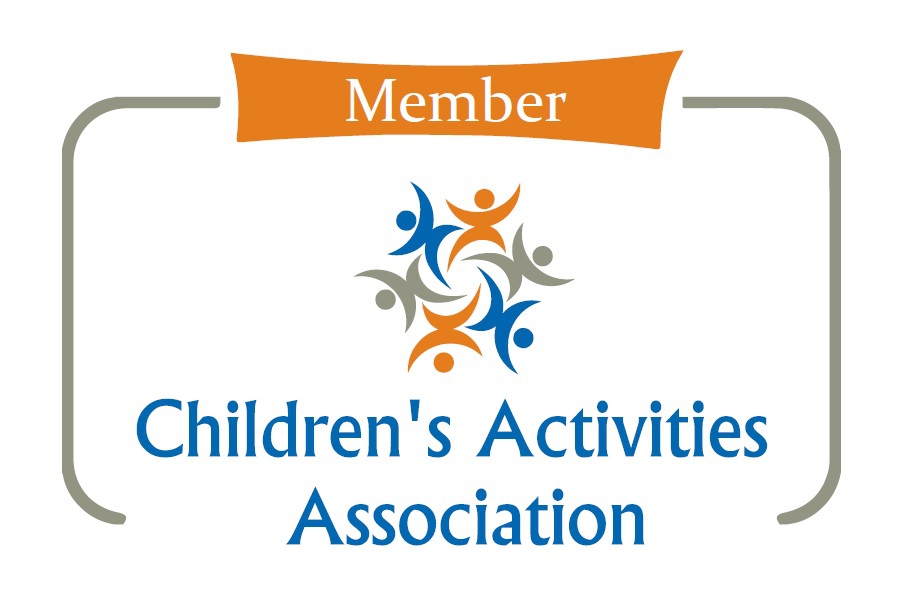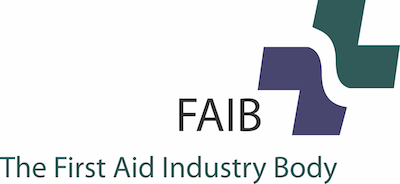Chicken Pox, I can remember having it myself as a child. The rash of red itchy spots that turn into fluid filled blisters. Then they crust over to form scabs, which eventually drop off. I still have some of the scars.
So what is Chicken Pox?
Chickenpox (known medically as varicella) is caused by a virus called the varicella-zoster virus. It's spread quickly and easily from someone who is infected. Chickenpox is most common in children under the age of 10. Children usually catch chickenpox in winter and spring. Chickenpox is infectious from one or two days before the rash starts, until all the blisters have crusted over which is usually 5-6 days after the start of the rash.
Chicken Pox has up to a 21-day incubation period from when a child is in contact with the virus.
Some children have only a few spots, but other children have spots that cover their entire body. Spots are most likely to appear on the face, ears and scalp, under the arms, chest, stomach, arms and legs. Although Chickenpox is considered a mild illness, babies and young children can feel really miserable with it and very irritable.
This week one of our trainers has joined the many parents managing the winter outbreak of Chicken Pox.
“My 2-year old daughter Grace has been at nursery where a number of the children have had chicken pox, so we were expecting it and had been on the look out for spots”.
“Grace had a fever for the first few days, which I controlled with paracetomol (following the dosage on the pack). I applied calamine lotion to relieve the itching, and when Grace woke in the night I popped 2 big tablespoons of Bicarbonate of Soda in the bath with her to further soothe the itching. Keeping her cool also helped; in fact she spent most of the time with no clothes on at all. We’ve had a very timely house visit with our Health Visitor who was reassuring; she had a look at Grace’s spottiest areas and advised us to keep her fluids up, as she was a bit dehydrated”
Top Tips from Mini First Aid:
For the Fever - DO NOT, under any circumstances, give baby or child with chicken pox Ibuprofen. Stick to paracetamol.
- There are a number of over the counter products and also make at home remedies to relieve the itching – speak to your pharmacist for more information and guidance on suitability for your child.
- Monitor your child’s temperature. Keep your child cool in loose cotton clothing or bare skin and keep them hydrated with water.
- Your GP can offer advice, if you ring your doctor’s surgery ask for an end of surgery appointment so you don't risk infecting others.
- Avoid contact with those who are pregnant, newborn babies and those who have a weakened immune system.
- Children should stay off nursery/child care until the spots have crusted over. It is worth checking your child carer’s policy.
- If you are in any way concerned about your baby or child’s condition; call 111 for advice or call 999 for an emergency.
Information source: www.nhs.uk







